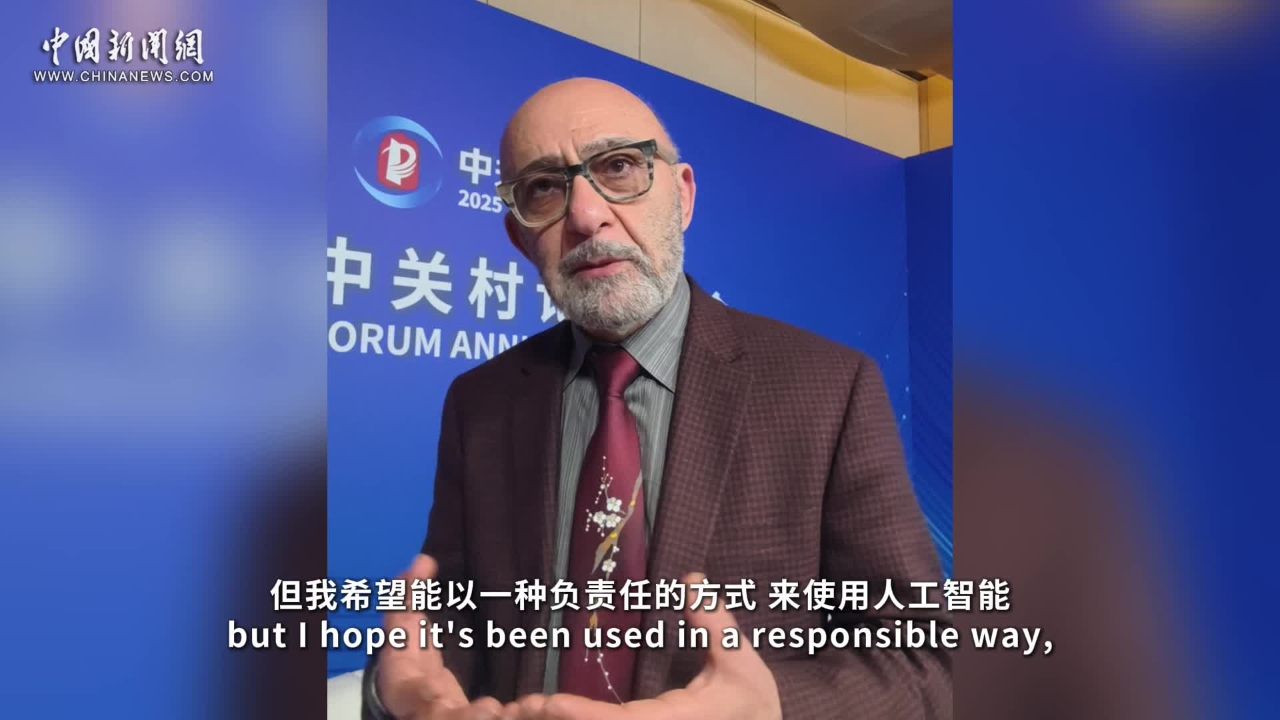(ECNS) -- As 2025 has been viewed as the starting year for 6G by the industry, stakeholders are advancing 6G development during the 2025 Zhongguancun Forum Annual Conference.
At the annual conference, Yang Hua, vice president of the Zhongguancun Pan-connection Mobile Communication & Technology Innovation Application Research Institute, said that 6G is not only an upgrade in communication technology but could reshape the global digital economy and drive the intelligent transformation of society.
Yang noted that 6G would deeply integrate communication, sensing, computing, and artificial intelligence, forming a unified network structure that will enable immersive applications including holographic interaction and tactile internet.
Huang Yuhong, head of China Mobile Research Institute, emphasized that 2025 is viewed as the starting year for 6G standards, with the aim to complete standardization by 2029, launch basic products, and achieve trial commercialization by 2030.
Despite the proposed timeline, there are still many challenges regarding this technology.
Yang stated that there is an urgent need to make breakthroughs in foundational theories and technologies for 6G, including the integration of communication, sensing, computing, and intelligence.
Besides, he said that at the standardization level, there is still no consensus among countries. On the demand side, the various needs of differing industries increase the complexity of technology adaptation.
At the annual conference, industry experts showcased future plans for 6G.
Cheng Jianjun, vice general manager of China Mobile Communications Group Co., Ltd, stated that the company would promote the development of 6G and other frontier technologies like AI. Additionally, it aims to build an open and innovative ecosystem, deepen collaboration between industry, academia, research, and application, and promote the diversified development of the 6G industry.
Compared to 5G, 6G will break through in core performance. The common consensus is that the peak rate of 6G would reach 1Tbps, a 10 to 100-fold increase over 5G, supporting the download of HD movies in just one second.
(By Gong Weiwei)


















































 京公網安備 11010202009201號
京公網安備 11010202009201號